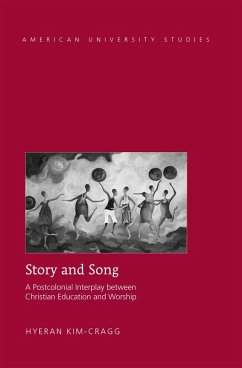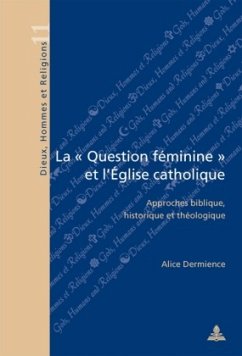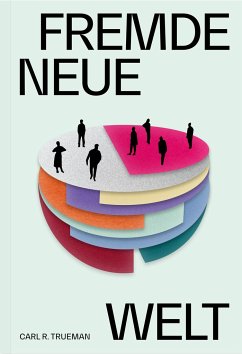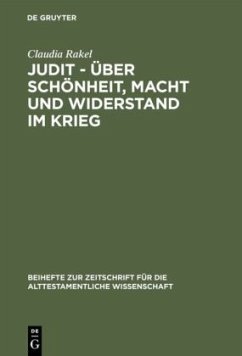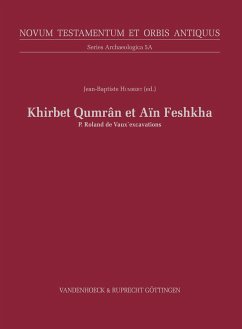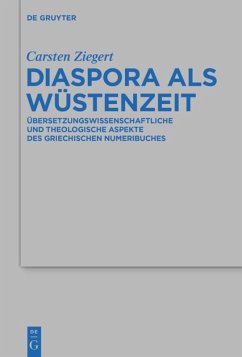![[Re]Gained in Translation I: Bibles, Theologies, and the Politics of Empowerment [Re]Gained in Translation I: Bibles, Theologies, and the Politics of Empowerment](https://bilder.buecher.de/produkte/64/64717/64717108z.jpg)
[Re]Gained in Translation I: Bibles, Theologies, and the Politics of Empowerment
Versandkostenfrei!
Versandfertig in 3-5 Tagen
79,80 €
inkl. MwSt.

PAYBACK Punkte
0 °P sammeln!
Translations of the Bible take place in the midst of tension between politics, ideology and power. With the theological authority of the book as God's Word, not focusing on the process of translating is stating the obvious. Inclinations, fluency and zeitgeist play as serious a role as translators' person, faith and worldview, as do their vocabulary, poetics and linguistic capacity. History has seen countless retranslations of the Bible. What are the considerations according to which Biblical retranslations are being produced in current, 21st century, contexts? From retranslations of the Hebrew...
Translations of the Bible take place in the midst of tension between politics, ideology and power. With the theological authority of the book as God's Word, not focusing on the process of translating is stating the obvious. Inclinations, fluency and zeitgeist play as serious a role as translators' person, faith and worldview, as do their vocabulary, poetics and linguistic capacity. History has seen countless retranslations of the Bible. What are the considerations according to which Biblical retranslations are being produced in current, 21st century, contexts? From retranslations of the Hebrew Bible to those of the Old and New Testaments, to mutual influences of Christian and Jewish translational traditions - the papers collected here all deal with the question of what is to be [re]gained with the production of a new translation where, at times, many a previous one has already existed.



![[Re]Gained in Translation II: Bibles, Histories, and Struggles for Identity Cover [Re]Gained in Translation II: Bibles, Histories, and Struggles for Identity](https://bilder.buecher.de/produkte/70/70003/70003165n.jpg)
